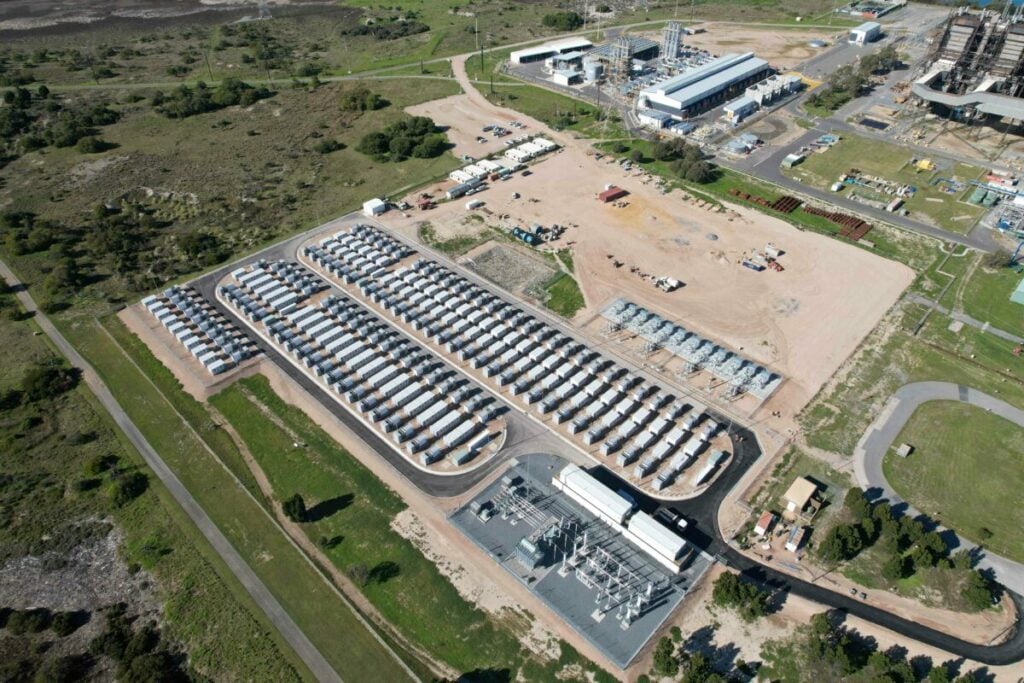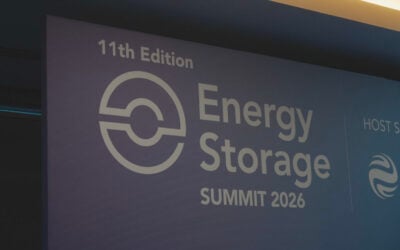
Wärtsilä’s decision to launch a strategic review of its energy storage & optimisation (ES&O) business, including potential divestment, may be because of its dilutive effect on the broader company’s margins, an analyst told Energy-Storage.news.
The announcement at the end of October came as a bit of a surprise to some, Panu Laitinmäki, analyst and head of equity research for Danske Bank told Energy-Storage.news. Through the division, Wärtsilä is one of the largest battery energy storage system (BESS) integrators globally, alongside providing thermal power plant and marine power solutions.
“Most thought they wanted to have the business to be a full provider of balancing solutions, i.e. gas plants and batteries together,” Laitinmäki said.
The company has presented the decision to launch a strategic review as the result of it reaching around €1 billion (US$1.09 billion) in annual sales and also reaching profitability, meaning the board needs to now look at how to maximise its value.
Try Premium for just $1
- Full premium access for the first month at only $1
- Converts to an annual rate after 30 days unless cancelled
- Cancel anytime during the trial period
Premium Benefits
- Expert industry analysis and interviews
- Digital access to PV Tech Power journal
- Exclusive event discounts
Or get the full Premium subscription right away
Or continue reading this article for free
But Laitinmäki believes that a potential divestment would be driven by energy storage’s lower margins relative to the rest of the company combined with its enormous growth potential:
“My thinking is that they want to maximise the growth of the business and could potentially get to €2 billion or €3 billion in the next few years. But, they have a 12% EBIT target and the energy storage business only just recently reached breakeven and I forecast has a long-term EBIT margin of around 5%. So if energy storage grows that much it will become a really big chunk of Wartsila and will dilute their margins quite a lot.”
“If they separate it into a new separate company, listed independently like Fluence, with fairly low margins, they could get different investors for that kind of asset.”
ES&O is currently about a sixth of revenues for Wärtsilä.
Fluence, the largest BESS integrator globally, was formed by global energy firm AES and electronics conglomerate Siemens, who together own and majority in and have control of the company.
Another potential factor in considering a sale of the business that Laitinmäki flags, but emphasises is not one the company has stated or discussed, is the need for additional investments into it which were not previously forecasted.
“The industry is generally moving to owning more of its own manufacturing whereas Wartsila currently uses contracted manufacturing. If down the line they say they need to invest, for example, €50 million in manufacturing they might get pushback from investors,” he said.
The company’s share price jumped over 10% on the morning that the strategic review was announced (before markets opened) although a lot of that was due to a generally positive third quarter earnings report.





